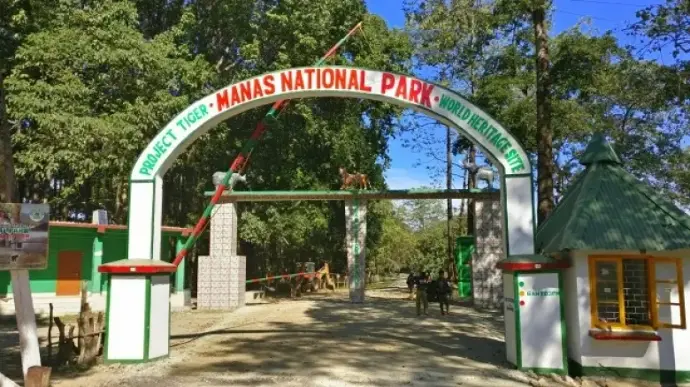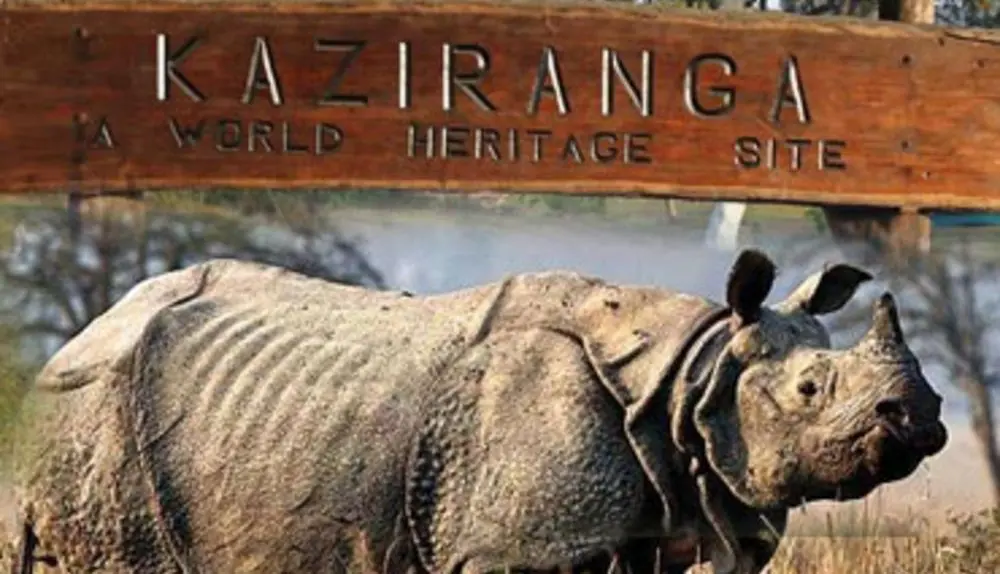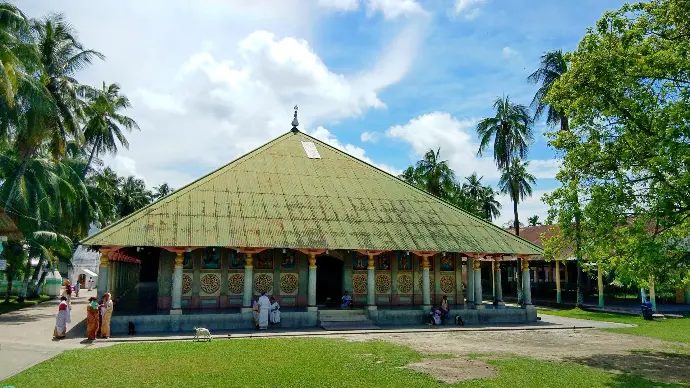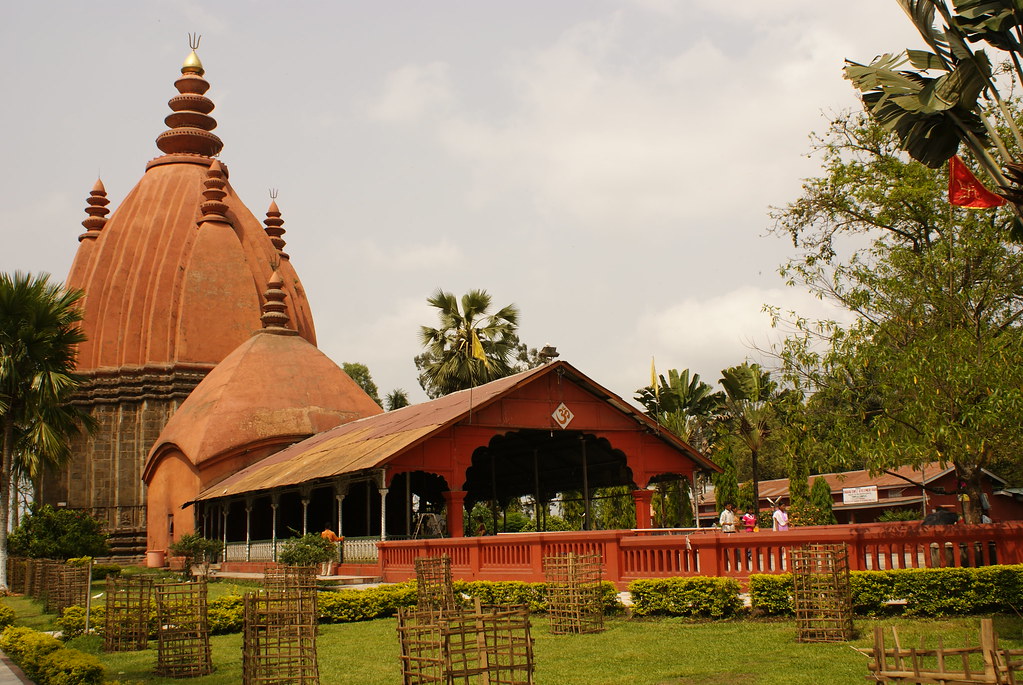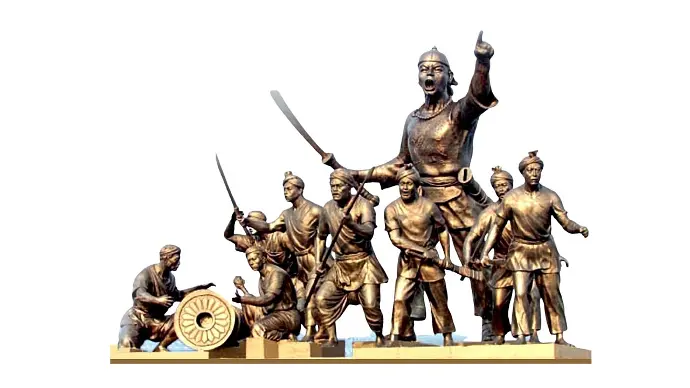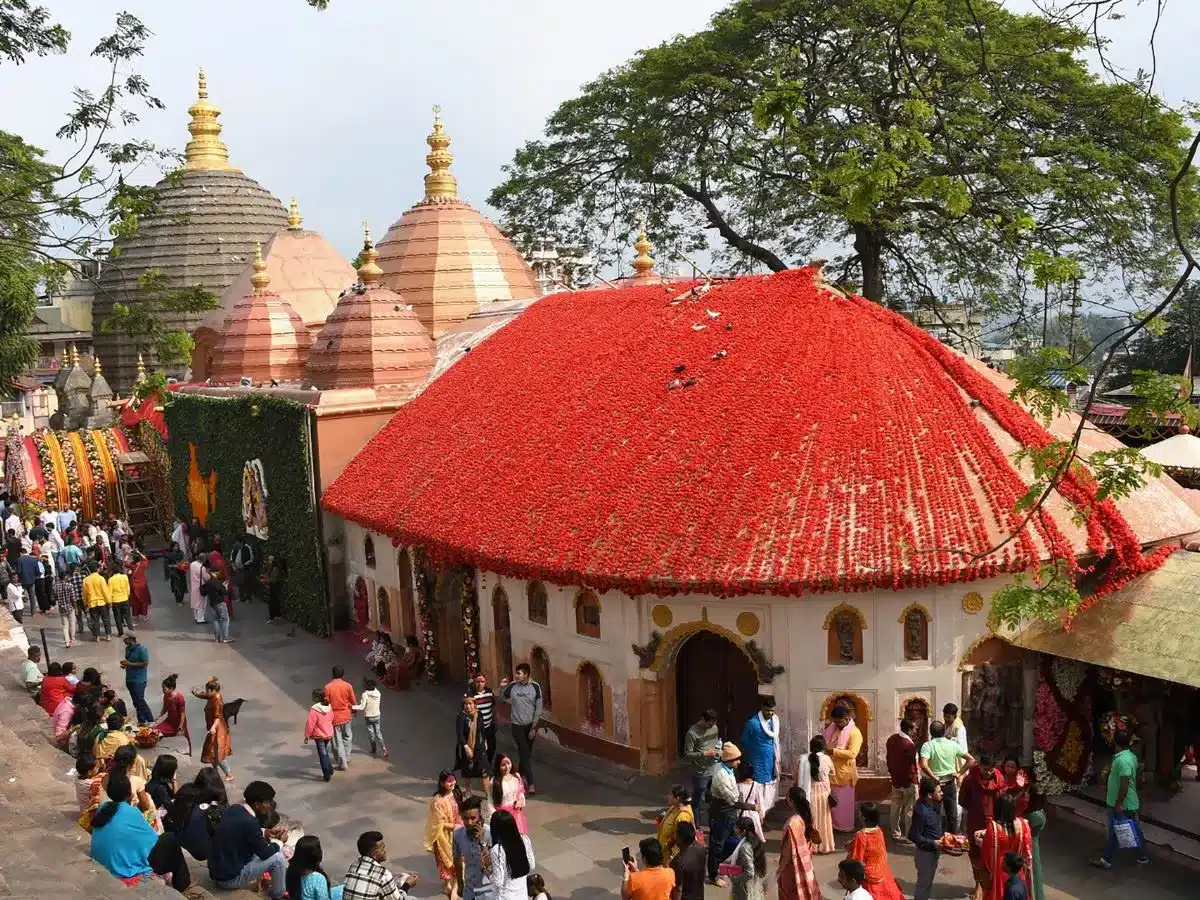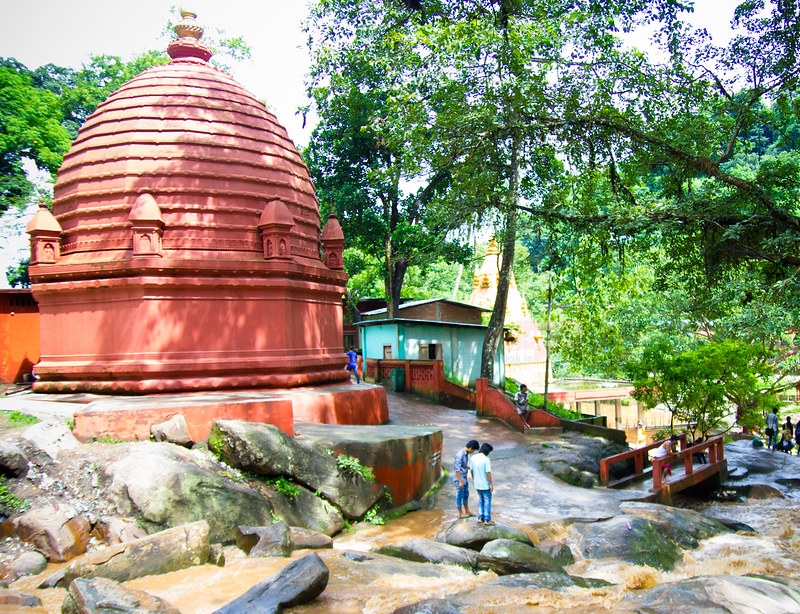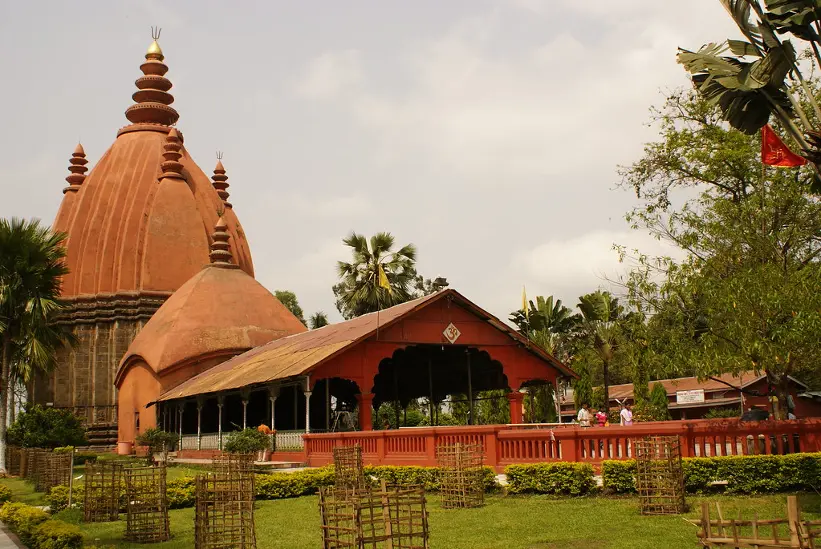Explore Silchar
The Cultural Hub of Barak Valley
Nestled in the southern part of Assam, Silchar is the second-largest city in the state and the gateway to the serene and culturally rich Barak Valley. Known for its pleasant climate, vibrant culture, and strategic importance, Silchar offers a unique blend of history, nature, and modernity that makes it a must-visit destination in Assam.
Historical Significance
Silchar's history is deeply intertwined with the colonial past of India. The city was once a crucial hub for British tea planters, and its name is believed to be derived from the words "Shilchar" or "Shiltcher," meaning "rocky bank" in the local dialect. The British established Silchar as a major commercial center, which led to its rapid development during the 19th century.
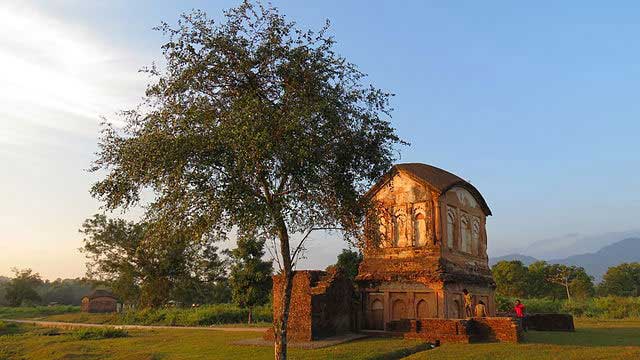
One of the most notable historical events associated with Silchar is the First Independence Movement in Assam, which took place on 27th April 1961. The movement led to the deaths of eleven martyrs, who sacrificed their lives while protesting for the recognition of Bengali as one of the official languages of Assam. This event is commemorated every year in Silchar, and the martyrs are remembered as heroes of the region.
Cultural Diversity
Silchar is often referred to as the "Cultural Capital of Barak Valley" due to its rich and diverse cultural heritage. The city is home to a harmonious blend of various communities, including Bengalis, Manipuris, Bishnupriyas, and Dimasa, among others. This multicultural fabric is reflected in the city's festivals, cuisine, and everyday life.
The Durga Puja celebrations in Silchar are among the grandest in the region, attracting visitors from all over Assam and neighboring states. The city comes alive with vibrant decorations, cultural performances, and processions that showcase the rich cultural traditions of the Bengali community.
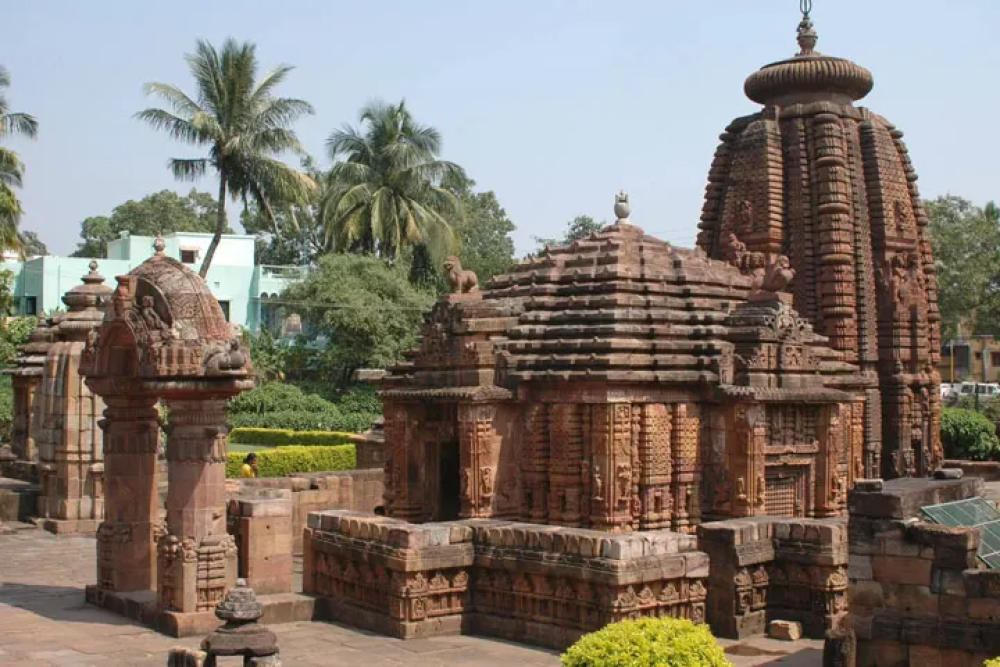
Another important cultural aspect of Silchar is its association with the Bishnupriya Manipuri community. The community's traditional dances, such as the Ras Leela and Nata Sankirtana, are performed with great zeal during festivals and special occasions, adding to the cultural vibrancy of the city.
Natural Beauty and Scenic Spots
Silchar is blessed with abundant natural beauty, making it an ideal destination for nature lovers. The city is surrounded by hills, rivers, and lush green landscapes that offer a refreshing escape from the hustle and bustle of urban life.
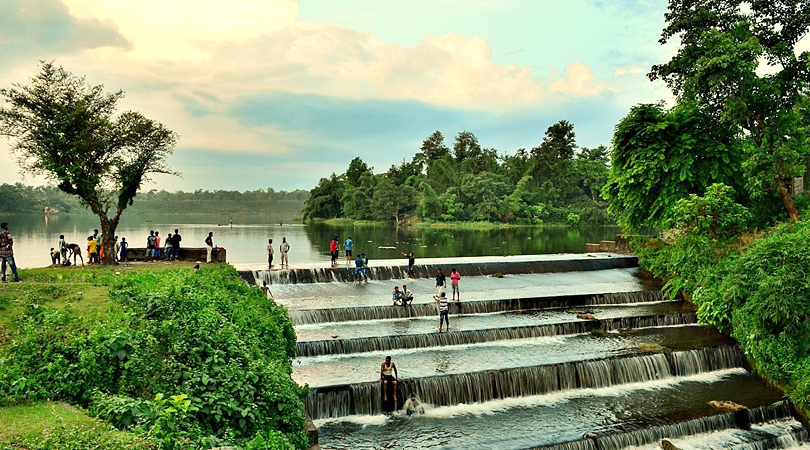
One of the most popular natural attractions near Silchar is the Dolu Lake. Located just a few kilometers from the city, Dolu Lake is a serene spot where visitors can enjoy boating, picnicking, and bird watching. The lake is surrounded by tea gardens, which add to its scenic charm.
Another must-visit destination is the Badarpur Fort, located about 16 kilometers from Silchar. This historic fort, built during the Mughal era, offers a glimpse into the region's rich past. The fort's strategic location on a hill provides a panoramic view of the Barak River and the surrounding landscapes.
For those interested in exploring the religious and spiritual side of Silchar, the Khaspur Rajbari is a significant site. The ruins of this ancient palace, once the capital of the Dimasa kingdom, are a testament to the region's glorious history. The site is surrounded by lush greenery and offers a peaceful ambiance, perfect for reflection and exploration.
Education and Economy
Silchar is also known as an educational hub, with several prestigious institutions, including the Assam University, National Institute of Technology (NIT) Silchar, and Silchar Medical College. These institutions attract students from all over the country, contributing to the city's vibrant and youthful atmosphere.
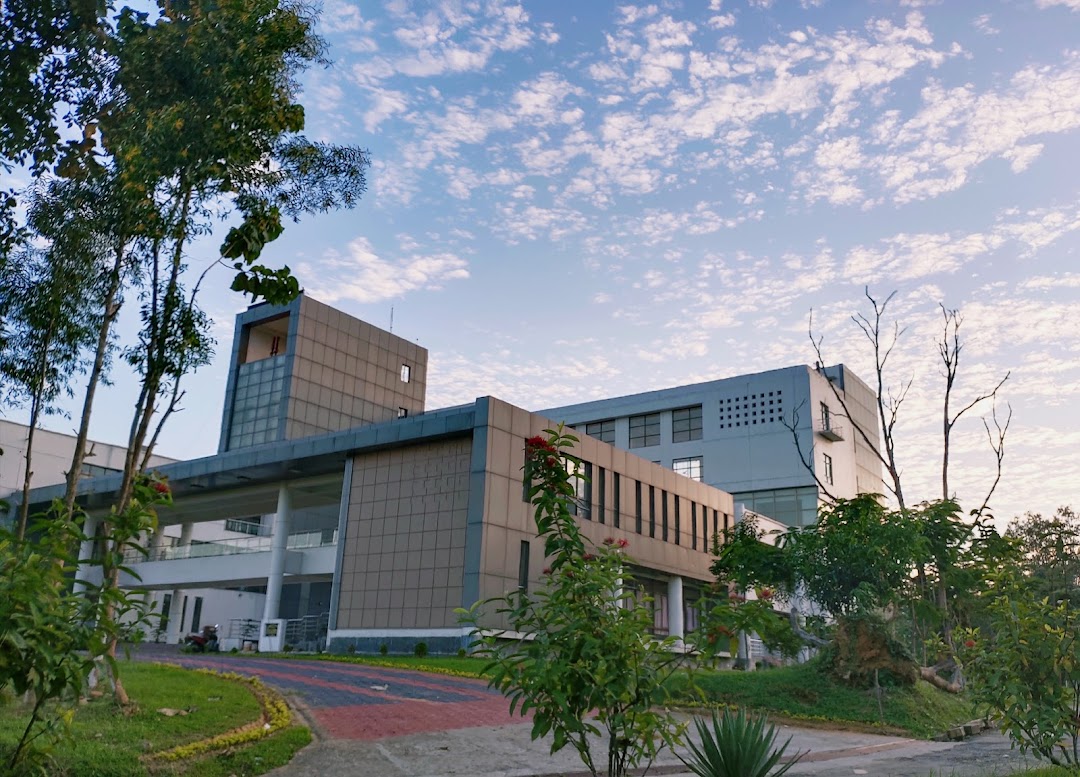
The economy of Silchar is primarily driven by tea, agriculture, and trade. The city is surrounded by several tea estates, making it an important center for tea production in Assam. Additionally, the fertile plains of the Barak Valley support the cultivation of various crops, including rice, jute, and vegetables. Silchar's strategic location near the border with Bangladesh also makes it a significant trading hub, facilitating cross-border commerce.
Connectivity and Accessibility
Silchar is well-connected by air, rail, and road, making it easily accessible from other parts of Assam and the country. The Silchar Airport, located about 24 kilometers from the city center, offers regular flights to major cities like Guwahati, Kolkata, and New Delhi. The city is also served by the Silchar Railway Station, which connects it to the rest of Assam and neighboring states.
For those traveling by road, Silchar is connected to Guwahati via National Highway 37, which passes through the picturesque Barail Hills. The journey by road offers breathtaking views of the surrounding landscapes, making it a memorable experience for travelers.
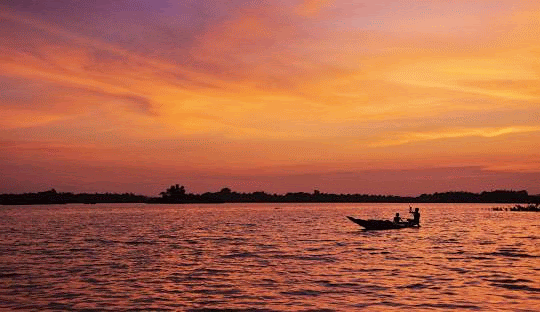
Conclusion
Silchar is a city that beautifully blends history, culture, and nature. Whether you're interested in exploring its rich cultural heritage, enjoying its natural beauty, or simply experiencing the warmth and hospitality of its people, Silchar has something to offer every traveler.
As the gateway to the Barak Valley, Silchar is a destination that should not be missed when exploring the diverse and enchanting state of Assam.

